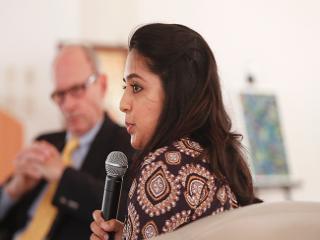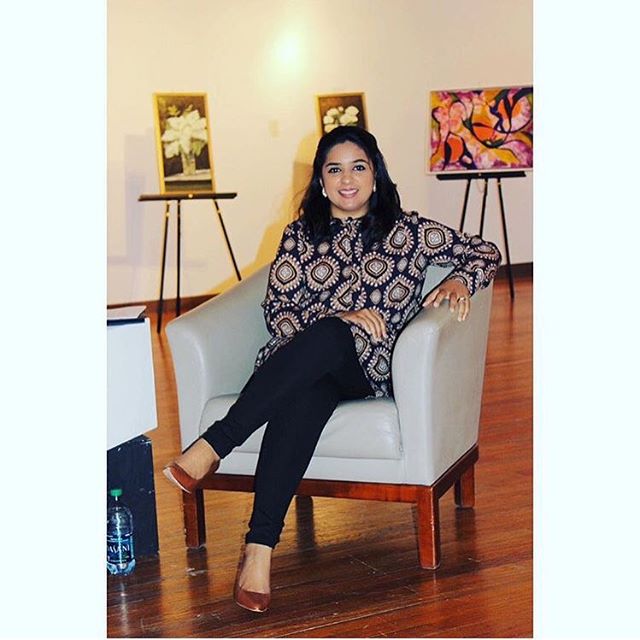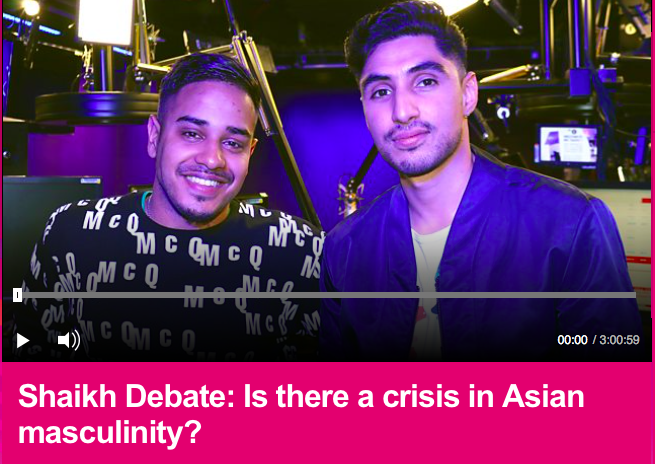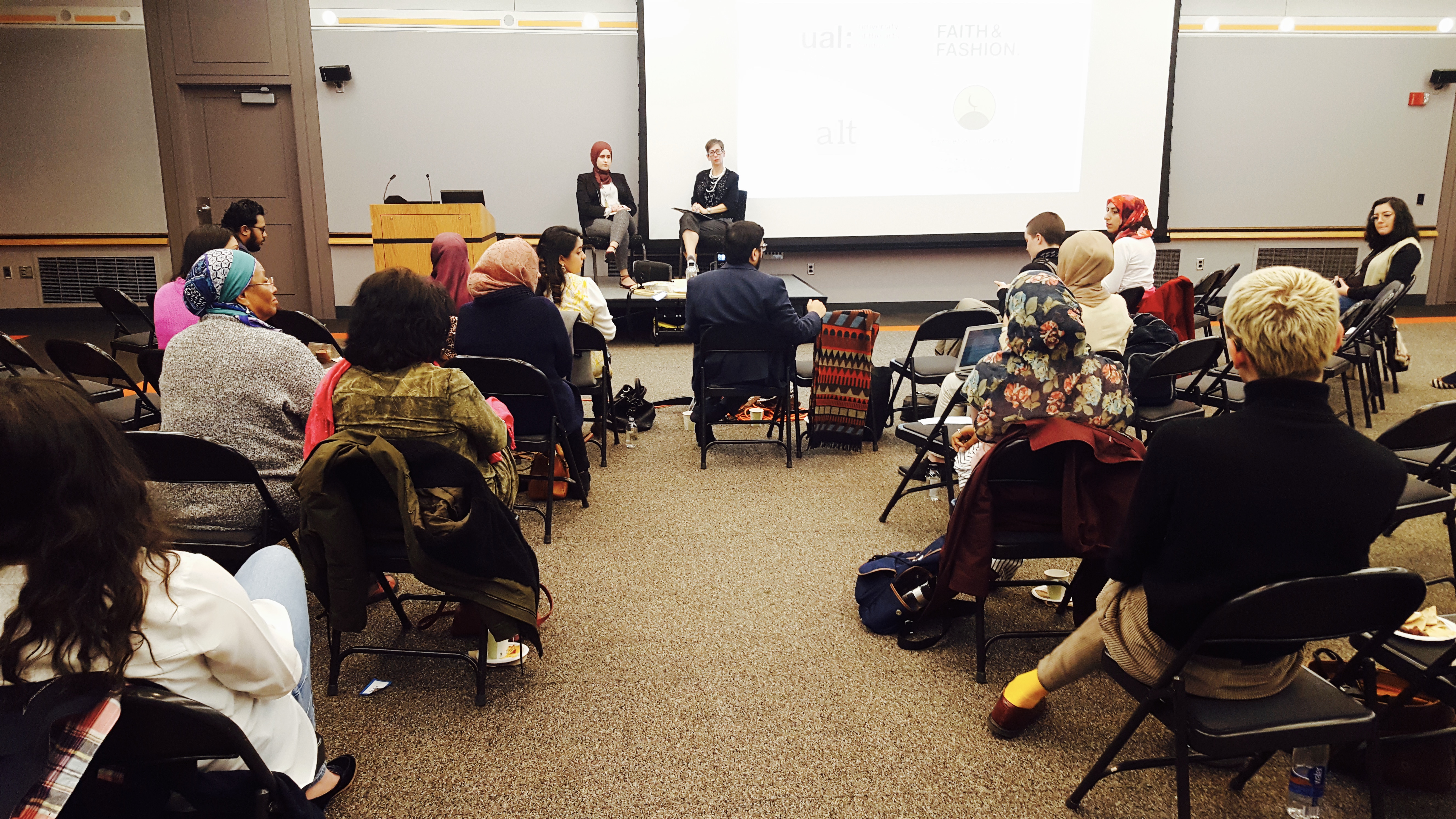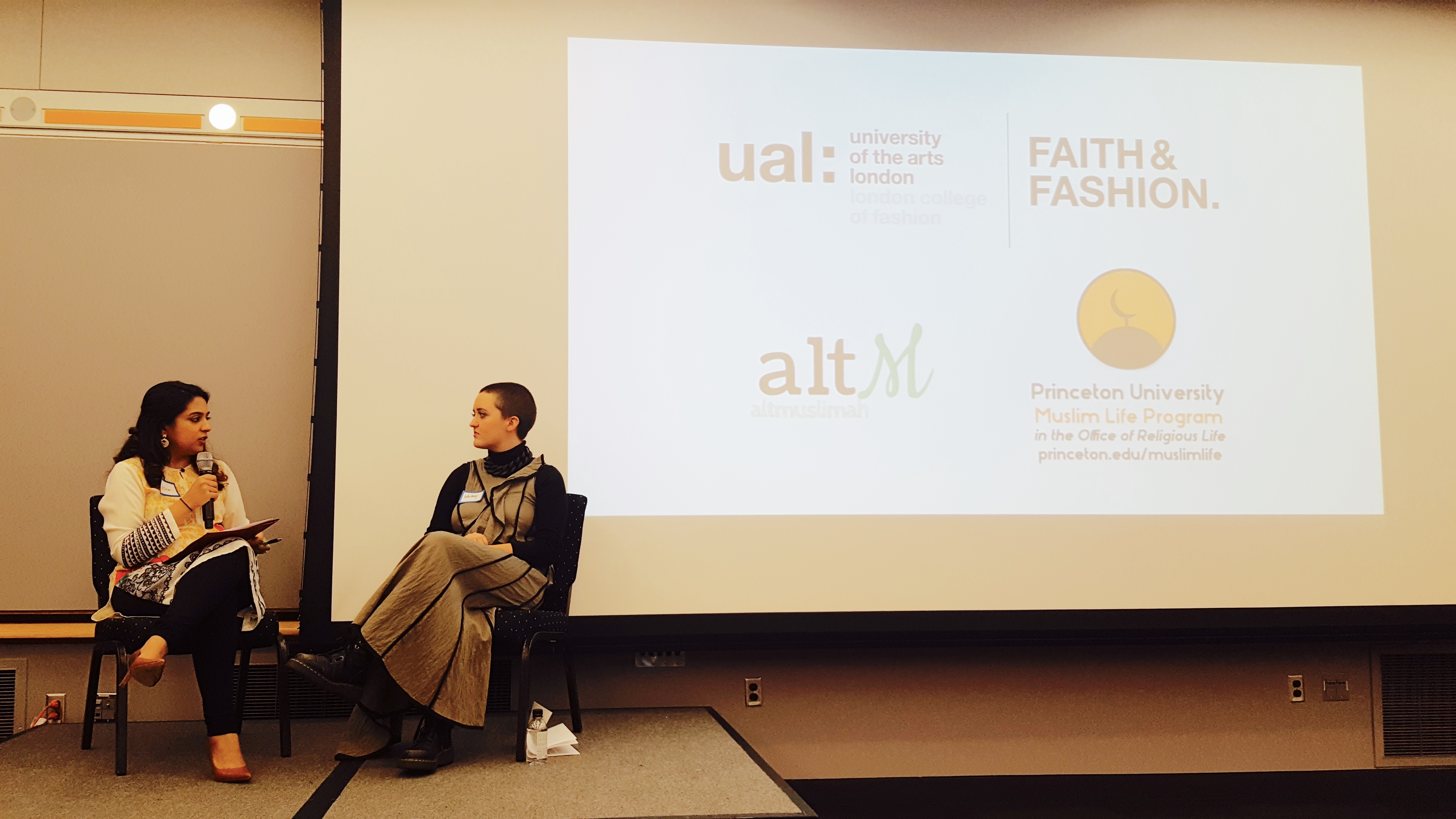From the University of Miami News Archives:
Before University of Miami College of Arts & Sciences alumna Asma Uddin, ’02, began her speech addressing the complex topic of religious freedom, Dr. David Kling, Professor and Chair of the University of Miami College of Arts & Sciences’ Department of Religious Studies, presented some intriguing questions to the audience.
“In America, religious freedom is guaranteed by our constitution, in particular, the First Amendment, and in many nations around the world, religious freedom is legally guaranteed, but are there limits to this freedom? Do governments’ interests at times outweigh this right? Has government intruded unfairly, even illegally, in the rights of citizens who live out their religious convictions in the public sphere? Where does one draw the line?” asked Dr. Kling.
In her lecture, Religious Freedom 2015: Promises & Perils, Local & Global, Uddin addressed topics on the promises and perils of religious freedom in America, and the lack of religious liberties around the world.
Uddin, who graduated from the College of Arts & Sciences with a double major in Religious Studies and English, attended the University of Chicago Law School where she was a member of the University of Chicago Law Review. After practicing commercial litigation at prestigious law firms, she joined the Becket Fund for Religious Liberty in 2009 where she provides legal counsel defending religious liberty in the U.S. through several prominent cases, including the 2014 Supreme Court landmark case, Burwell v. Hobby Lobby.
“Many Americans think the case [Burwell v. Hobby Lobby] is about religion waging a war on women,” said Uddin, “and I am here to tell you that the case was not about denying women their rights; it was not even about access to contraception. It was about the ability to live out one’s faith free from government control.”
Burwell v. Hobby Lobby is a controversial case involving the owners of Hobby Lobby, a chain of crafts stores, who are devout Christians. They did not want to pay for certain contraceptive drugs for employees because it violated their religious beliefs that life begins at conception. Uddin said the U.S. government informed the Hobby Lobby owners that if they did not provide the contraceptive drugs, they would receive a hefty fine from the Internal Revenue Service (IRS). The Supreme Court Justices voted for Hobby Lobby in a 5-to-4 ruling.
“This case reflects a fundamental component of the American dream – that every American, including the Hobby Lobby business owners, should be free to live and do business according to their personal beliefs,” she added.
Uddin also noted other Becket Fund case victories that tread on religious liberties – from a prison inmate who wanted to grow a beard as a display of his religious beliefs to a ski resort in Montana that featured a historical World War II memorial, named “Big Mountain Jesus” by the locals. In regards to how religious freedom is in jeopardy for individuals in other parts of the world, Uddin focused on countries such as Pakistan and Indonesia where the local governments there implemented blasphemy laws against certain religious groups; the laws result in incarceration, punishment, and in some cases, death.
“People around the world suffer every day at the hands of state power, and for what? For the simple ability to live in accordance with their deeply held religious beliefs, and that is why we have the Becket Fund. The Becket Fund exists to vindicate a simple but frequently neglected principle – that because a religious impulse is natural to human beings religious expression is natural to human culture and should, therefore, be allowed the freedom to flourish,” said Uddin.
October 28, 2015

